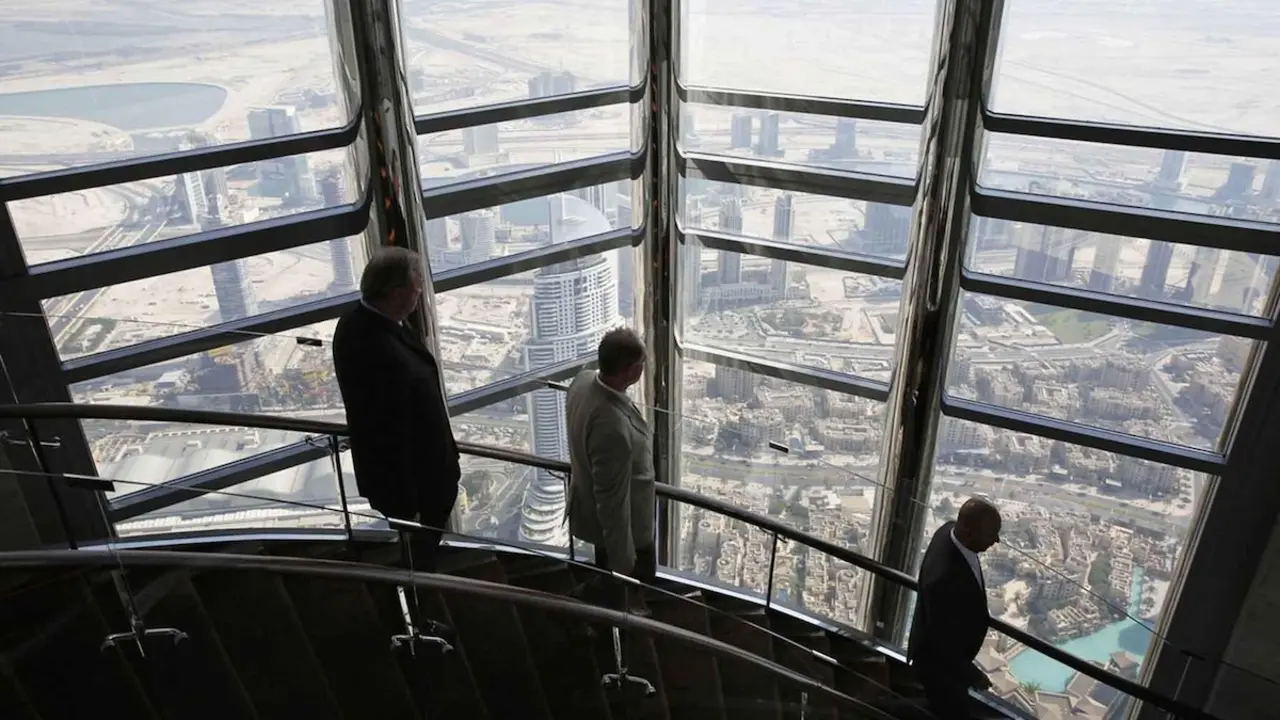The price of petrol in Lebanon rises by 100 pounds
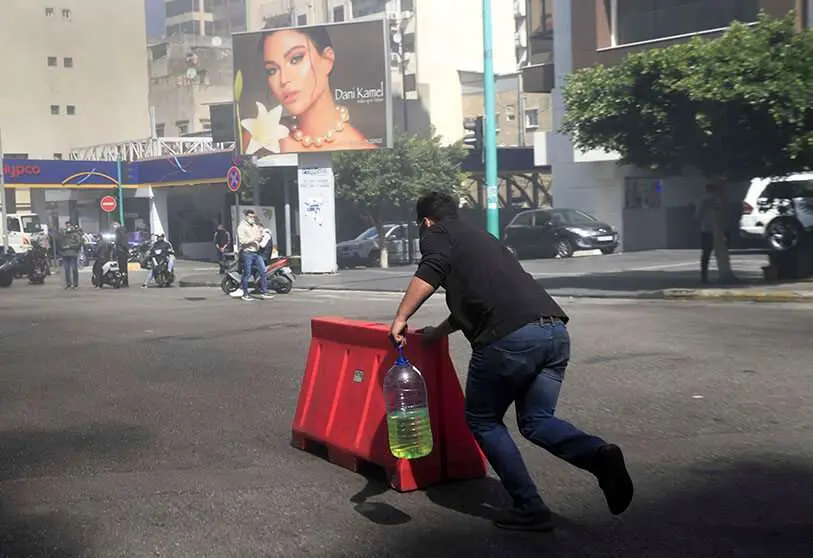
The price of petrol and fuel oil has risen by 100 pounds as a result of the plan to reduce subsidies on basic commodities. This was declared by the Ministry of Energy after applying the fortnightly tariff that places the price of 20 litres of 95 and 98 octane petrol and fuel oil at 100 pounds, raising the price to 38,800, 40,000 and 26,300 pounds respectively.
Faced with this situation, many petrol stations have closed their pumps throughout the country over the last few days, and others have decided to severely ration the quantities available, around 20 to 30,000 pounds per customer, causing long queues of waiting civilians. Faced with this situation, the Lebanese fear that fuel import subsidies will soon be cut or completely abolished following the announcement made a month ago by the outgoing finance minister, Ghazi Wazni.
According to the Lebanese news portal Naharnet, queues for basic commodities are causing traffic blockages in several areas. Similarly, the situation of extreme poverty has risen exponentially in recent months, and Lebanese imports are under threat due to the obvious shortage of dollars.
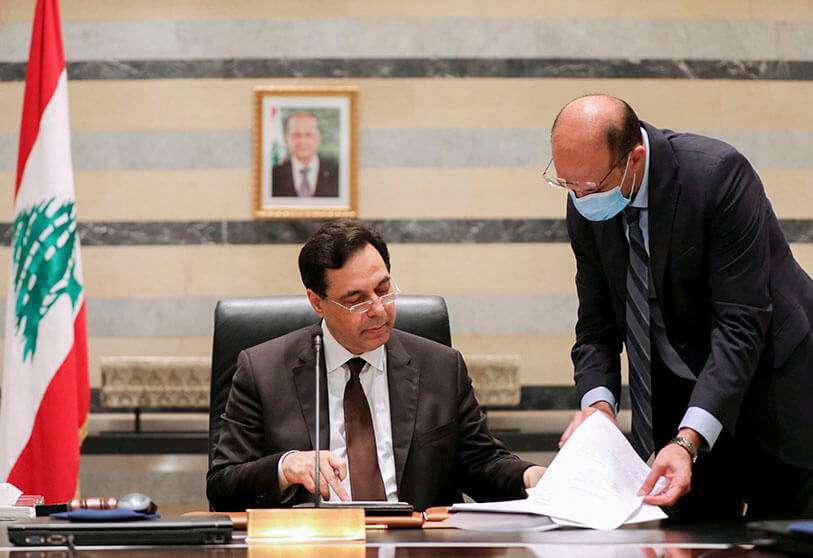
Lebanon has been going through an acute economic and financial crisis for more than a year and a half. The fall of the Lebanese pound has triggered a wave of nationwide protests that have led to blockades in several streets in the capital and other cities. This situation is further accentuated by the serious political crisis the country is going through following the resignation of Hassan Diab, days after the 4 August explosions in the port of Beirut that killed 210 people and injured 7,000, an accident that has not yet had any legal repercussions.
Debts remain the direct cause of the country's drowning. As a result, citizens continue to flood the streets and sow chaos as they demand minimally dignified economic conditions. As an international response, the International Monetary Fund has stressed that they will receive economic aid, but for this, they will have to form a new government: "It is necessary to form a new government immediately, with a strong mandate to implement the necessary reforms".
At present, almost 60% of half of the population lives on the poverty line. This situation is further exacerbated by planned cuts in basic subsistence commodities and severe electricity crises that have plunged the country into darkness for long periods. In addition, the COVID-19 pandemic has worsened the fragile public health system. According to the NGO Médecins Sans Frontières: "Socio-economic pressures have made the cost of basic commodities, including food, increasingly difficult for many people to afford".
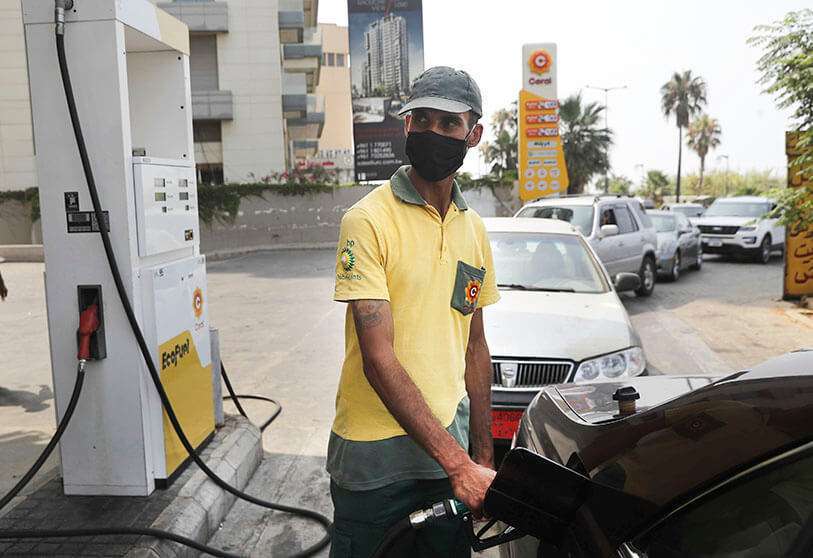
As for the Syrian refugee population living in the country, an estimated 89 per cent live below the extreme poverty line. This means that they live on less than 10,000 Lebanese pounds per person per day, the equivalent of about USD 1 (EUR 0.82), according to the current unofficial market trading rate.
Faced with the inability to form a new government, Hasan Diab stressed that the formation of a new government must be "an absolute priority" in the face of the confrontations between the president and the prime minister in charge. He also stressed that the current situation in the country "has exceeded the limits of logic and reason". In a statement, Diab reported on the fragile situation in Lebanon, which is on the verge of becoming a failed state: "The formation of the government has turned into a national crisis that is deepening the suffering of the Lebanese". In this context, the country finds itself "in a terrifying vicious circle" in which they are trying to reach agreements that have not "allowed the country to overcome the impasse".
Regardless of the gravity of the situation, talks on the formation of a new government remain blocked. For his part, the acting president, Michel Aoun, stated in an official communiqué that he had "sent the prime minister-designate a document indicating only the methodology for training the cabinet and comprising four pillars". Aoun himself has repeatedly stated that if the current acting prime minister, Saad Hariri, fails to form a government, he should resign from his post, even though he has only been Lebanon's prime minister since October. The confrontation between the two is foreshadowing a situation that is unlikely to be resolved in the coming months.
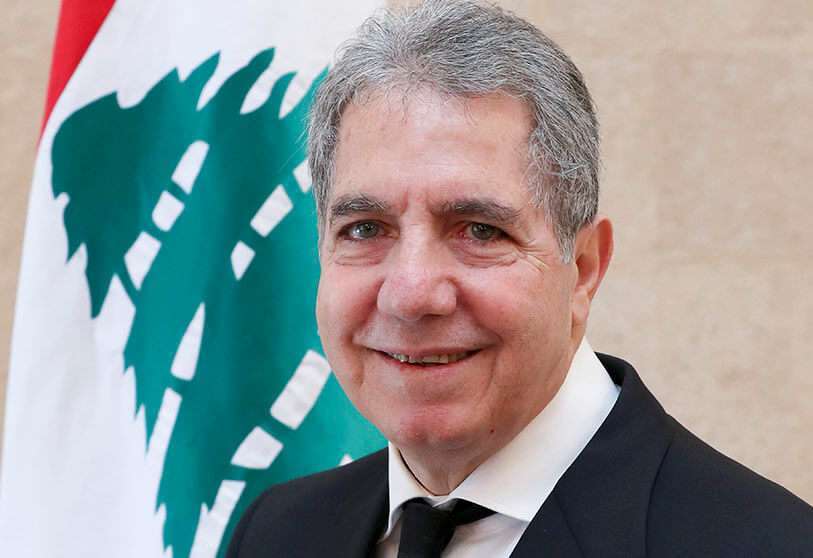
Meanwhile, the civilian population continues to suffer the direct consequences of an economic, social and political crisis that has plunged Lebanon into a state on the verge of failure. The multilateral crisis it is facing forecasts a difficult resolution scenario that continues to bear witness to the wounds left by the war. If the various political entities fail to reach agreement, this situation will drag on for a long time, leading to an increase in the poverty experienced by more than half of the population, which will increase social resentment and fuel a climate conducive to the incursion of criminality. In addition, the health crisis will have a major impact on low human development and thus on poverty in a country that continues to be caught in a vicious circle with no solution.

